Factors Affecting the Stability of Feed Vitamins in Cattle Feed Mills
Date: 06/18/2020 09:18:02 From: feed-pellet-plant.com Clicks:
Factors affecting the stability of feed vitamins in cattle feed mills. There are a number of factors affecting vitamin stability in cattle feeds. These factors may vary depending on whether the vitamins are naturally occurring in the feed materials, or added to the diet in a premix form.
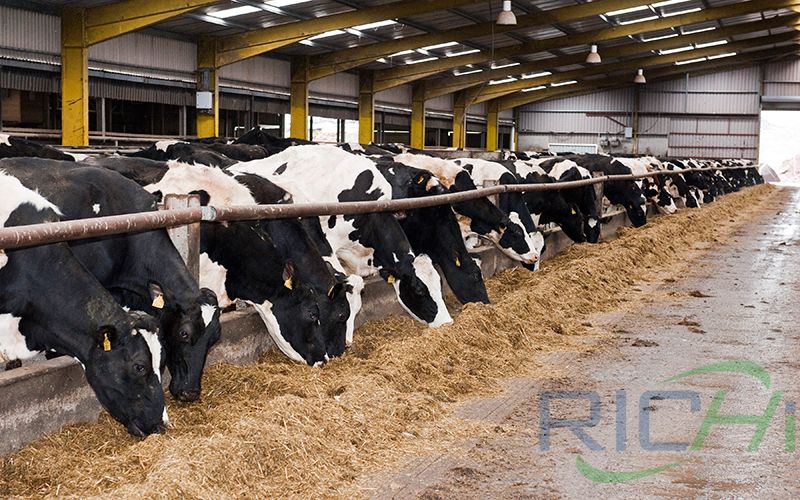
Factors Affecting the Stability of Feed Vitamins in Cattle Feed Mills
The following is a discussion of these factors in either case, together with the strategies to be adopted for improving the stability and utilisation of the dietary vitamins by cattles
Forage plays a significant role in the supply of vitamins to ruminants. However, the vitamin content of forages is highly variable and unpredictable due to the following stability factors:
Forage species
Grasses generally have the lowest level of β-carotene (146 mg/ kg DM) while legumes have the highest level (438 mg kg21 DM). The differences in the level of β-carotene are mainly due to the ratio of leaf to stem in the plant and capacity of the plant to synthesize carotene
Stage of maturity
The levels of β-carotene and α-tocopherol in the grasses and legumes are very high in the young stages and reduce as the plant matures. At maturity, plants may have 10% (in the case of grasses) to 40% (for legumes) of the value of the carotene of immature plants. The principal factor responsible for the variation in levels of β-carotene and α-tocopherol of forages in the course of their maturation is the change in the ratio of leaf to stem because the leaves are considerably richer in these vitamins than the stems. The formation of stems is accompanied by an increase in the concentration of DM; there is thus a negative correlation between the DM content and the level of β-carotene.
Climatic conditions
For a given stage of growth, a forage is richer in β-carotene and α-tocopherol when grown under rainy conditions with a low temperature. The positive influence of these conditions is related to the increase in the leaf-to-stem ratio which contributes more to the increased level of β-carotene α-tocopherol.
Haymaking
Drying crops either on the ground or in barns reduces the vitamin levels. It was found that in excess of 80% of carotene from clover was lost during the first 24 hours of sun-drying and was practically zero when the crop was dried for 4–5 days in the sun. Forages exposed to rain and then dried in the sun have less β-carotene than sun-dried forage. Thus, if the forage rests exposed to the sun for an extended period of time and at the same time is exposed to several showers, the destruction of β-carotene is nearly complete.
Ensiling
Stability of some vitamins such as vitamin A may be adversely affected if mouldy or spoiled silages are fed for long periods. Symptoms of a vitamin A deficiency include reproductive problems in both males and females. Pregnant cows may abort, retain their placenta, and develop a uterine infection or give birth to weak, dead, or blind calves. Bulls with a vitamin A deficiency produce semen with low numbers of sperm and high numbers of abnormalities. To prevent moulds from developing in silage, production practices that preserve quality should be strictly followed. Accepted silage-production practices include:
- Harvesting at the proper moisture content (30-35 %)
- Chopping uniformly at the proper length to allow for better compaction and exclusion of air
- Silo size should be matched to herd size to ensure daily removal of silage at a rate faster than deterioration can occur
- Filling the silo rapidly
- Packing the silage sufficiently
- Covering the horizontal silo immediately during or after filling
- Using silage additives (such as ammonia, propionic acid, microbial cultures, or enzymatic silage) may be beneficial in preventing mould growth.
With the advent of intensive livestock production, the production of synthetic vitamins in a premix form was essential due to the variable and unpredictable vitamin content of forages.
Stability of the synthetic vitamins may, however, be influenced by the following factors:
Composition of the premix
Vitamins are quite sensitive to their physical and chemical environment, with oxidation-reduction reactions due to contact with trace minerals being the predominant cause of vitamin instability. The type of trace mineral can have a significant effect on vitamin stability. Free metal ions, sulfates, carbonates, and oxides (the primary forms of inorganic trace minerals used) are the most reactive, while chelates (a classification of organic trace minerals) are the least responsive. Therefore, the current practice of over-fortification with inorganic trace minerals can inadvertently have a negative effect on vitamin stability and, thus, negatively impact cattle health and performance indirectly.
Pelleting
Pelleting is typically the most aggressive process against vitamins due to exposure to heat. There is, however, little or no vitamin destruction with pelleting temperatures of up to 80°C. At higher pelleting temperature, chemical modification can enhance the stability of some vitamins such as vitamin C which is easily oxidised and destroyed in this case. The esterification of the 2-carbon atom of L-ascorbic acid with phosphate protects L-ascorbic acid from oxidation. Coatings or encapsulation with carbohydrate, protein, or ethyl cellulose gives vitamins such as vitamin A and D3 greater protection against heat, moisture, and pressure during pelleting.
Storage
Premixes containing vitamins can be stored for about 3 to 4 months. However, storage time should not exceed 60 days if choline and trace minerals are present in combination with vitamins in the premix. Also, the use of barriers such as plastic-lined bags aid in reducing the absorption of moisture, thereby improving vitamin stability.
Related Case
3-4T/H Ruminant Animal Feed Pellet Line Export To Hong Kong,China
3-5T/H Ruminant Animal Feed Pellet Line Export To Indonesia
5-6T/H Cattle Feed+10T/H Chicken Feed Pellet Production Line Export To Saudi Arabia
10T/H Ruminant Feed Pellet Line Export To South Africa
The above is the article for you: Factors Affecting the Stability of Feed Vitamins in Cattle Feed Mills. If you are interested in our products or project solutions, please contact us. We will give you the best product quality and the best price. Email: enquiry@pellet-richi.com
Related Product
Production Line Equipment
related News
- >Uzbekistan Gizak 1t/h-2t/h Animal Feed Processing Plant for Floati
- >What is the price of the cattle and chicken feed machinery product
- >How to Choose Premix for Cattle Feed Manufacturers?
- >Cattle Feed Pellet Machine Solves the Problem of Cattle Feeding in
- >How to Make Cattle Feed Pellets? Is It Good for Cattle to Eat Feed
- >What Are the Costs to Consider When Investing in a Cattle Farm?
- >The Feed Pellet Machine Makes Corn Stalks Into Cattle and Sheep Fe
- >Practical | How to Prepare Cattle Premix to Achieve Fast Fattening
- >300kg-500kg Beef Cattle Feed Formula and Cattle Feed Pellet Machin
- >Cheats for Calf Feed Formula in Cattle Farms, What Feed Do Calves
Here you can submit any questions and we will get back to you as soon as possible. We will not disclose the information you submit to anyone, please rest assured.
Copyright© 2022 Richi Machinery. All rights reserved. Site Map


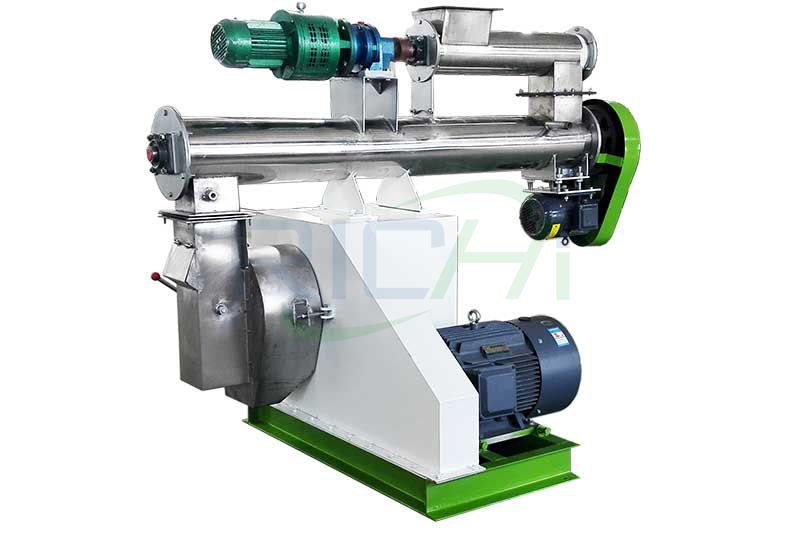
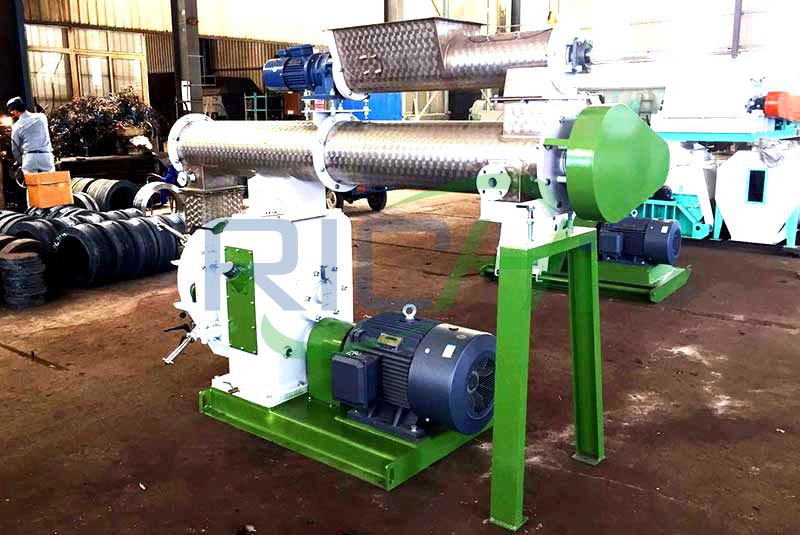
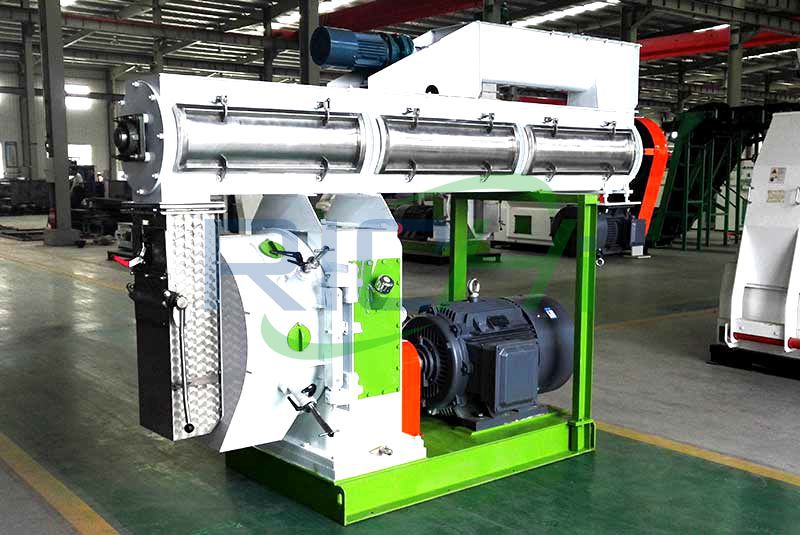
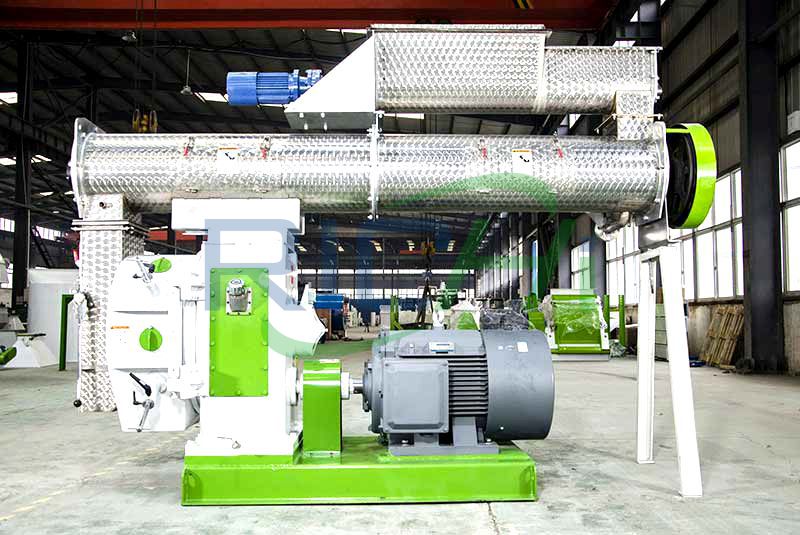
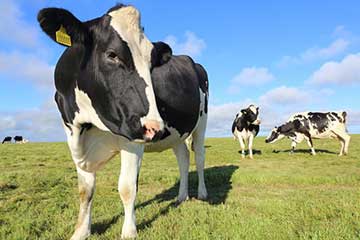
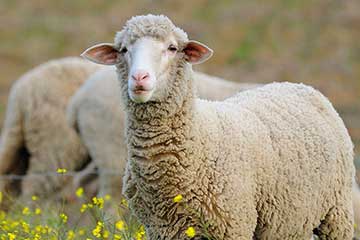
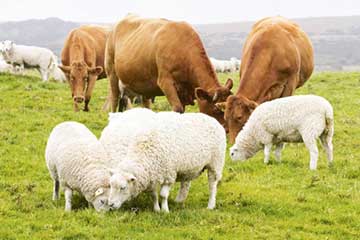
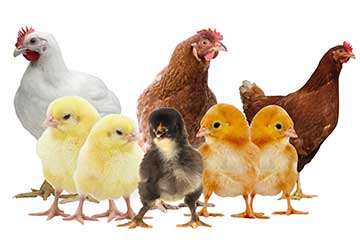
 Product Center
Product Center Get Latest Price
Get Latest Price